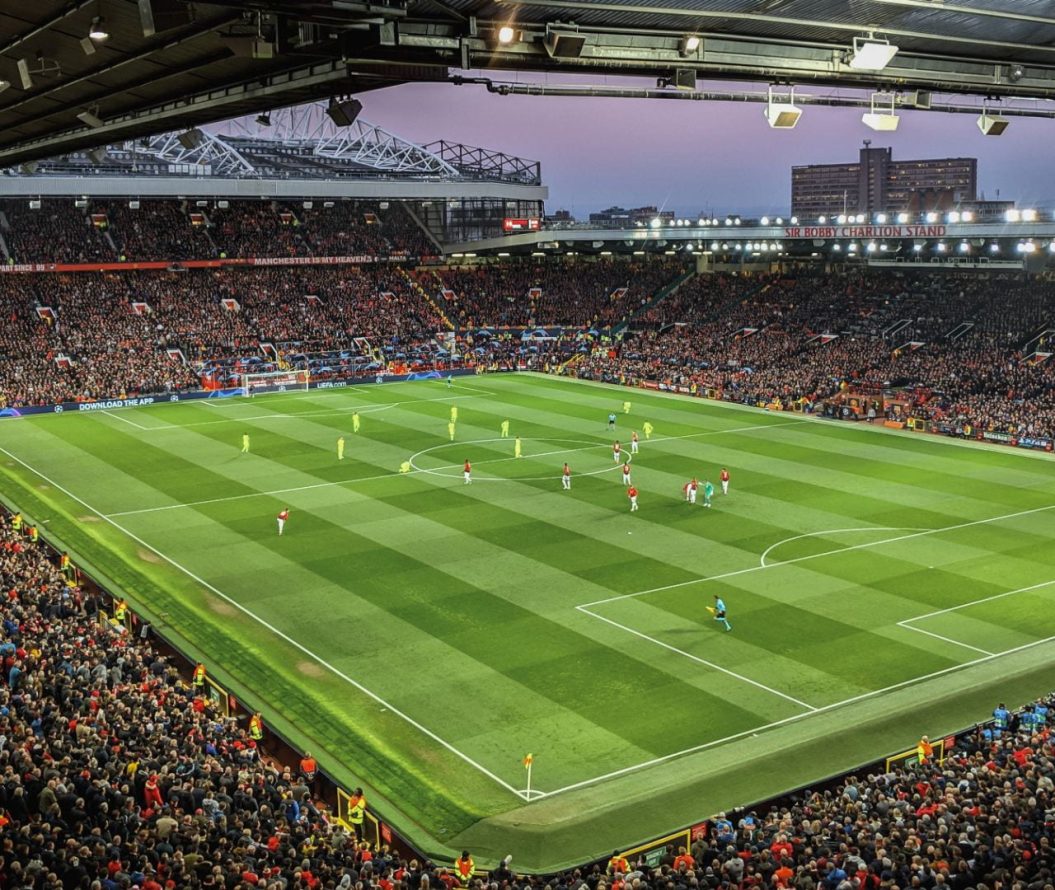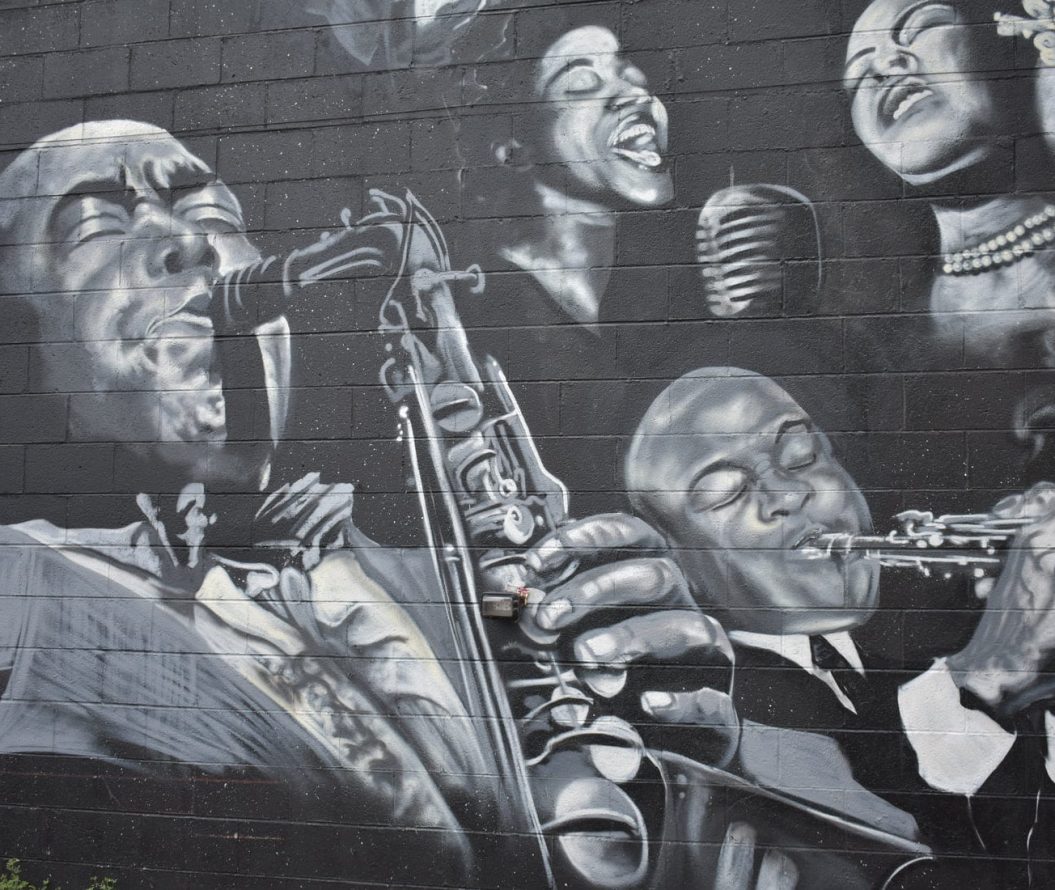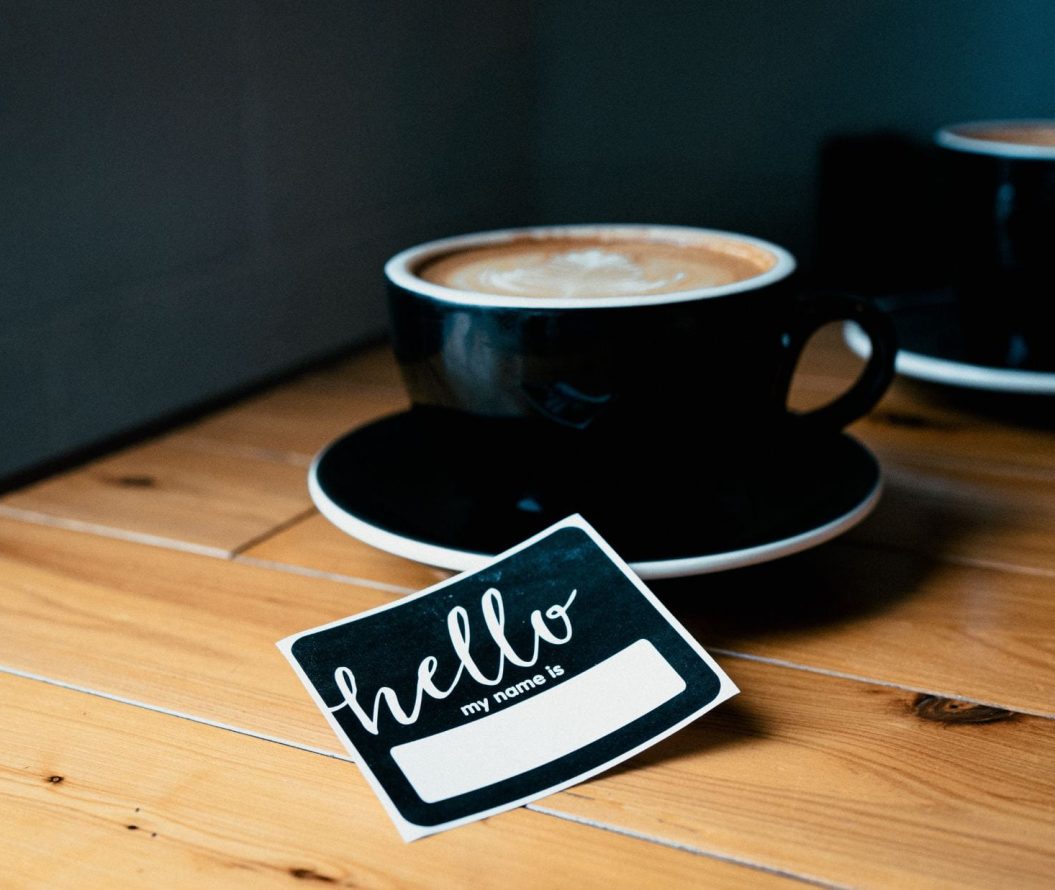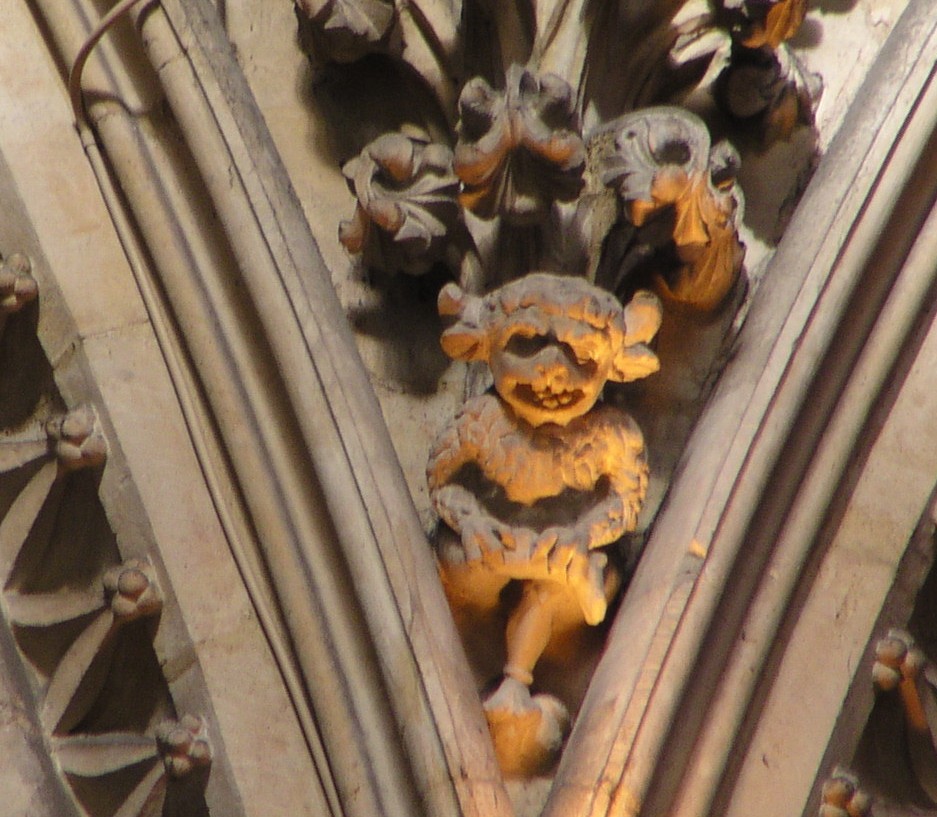Hi, I'm a first year music student with a passion for writing, acting and all things Marvel! I'm a member of both the Creative Writing, and Comedy societies and would love to write a musical one day.
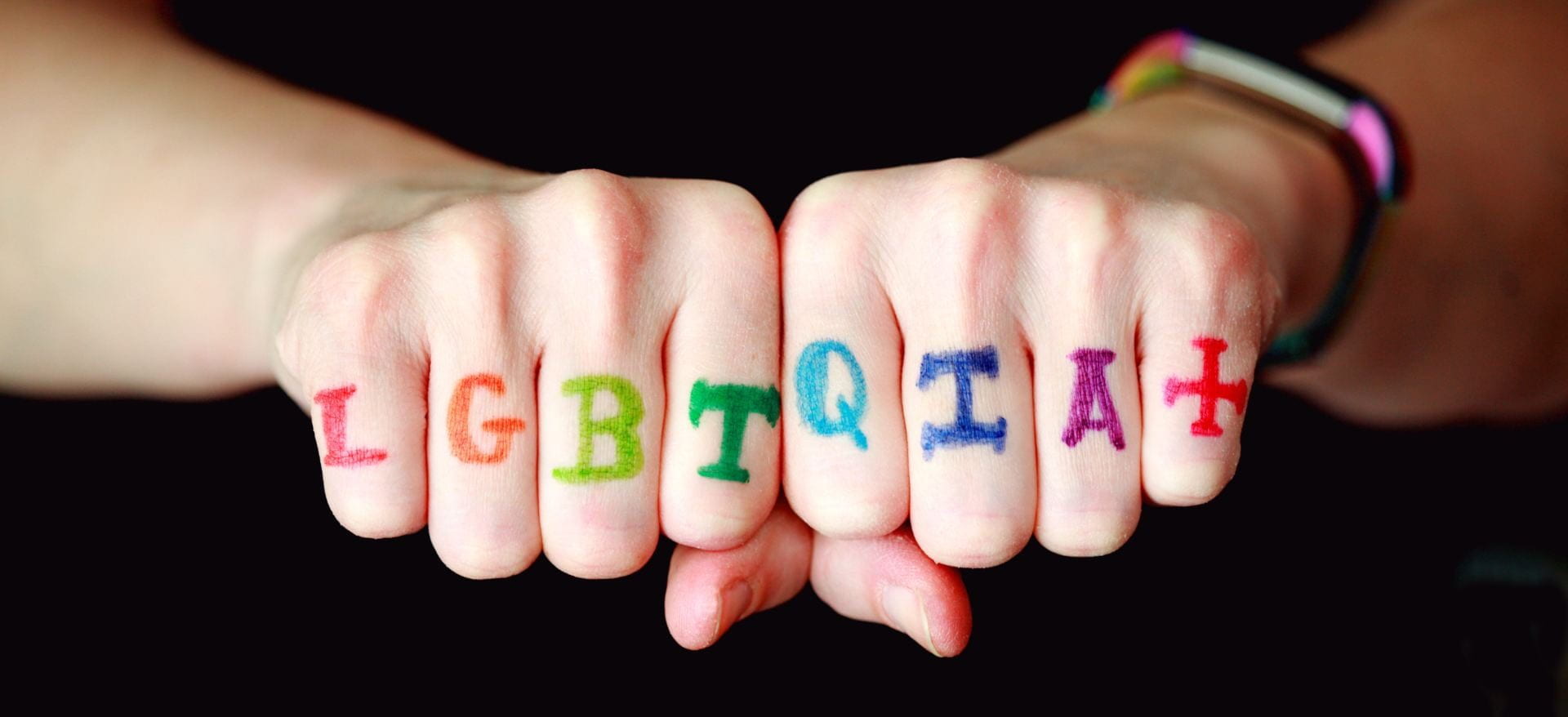
How to be an LGBTQ+ ally: Acronyms and terms
June 18, 2021,
read.
This article is more than 3 years old
One of the most common comments the LGBTQ+ community hear is “why are there so many letters?”. It is true that the community regularly grows and adds more labels to itself, but this is reflective of the huge range of people the community incorporates and includes. As with any topic relating to identity, what label fits someone comes down to personal preference as well as their own unique understanding of themself and this label overrides all else.
This article is an all-you-need-to-know guide to the terms and acronyms of the LGBTQ+ community:
L
L stands for Lesbian: a woman who’s sexual preference is other women. Lesbians can also choose to be called ‘gay women’.
G
G stands for Gay: someone who’s sexual preference is the same as their gender. The ‘scientific’ term is ‘homosexual’, and this applies to every gay person, regardless of gender.
B
B stands for Bisexual: someone attracted to more than one gender. There is sometimes confusion as to the difference between Bisexual and Pansexual. Bisexuals often have gendered preferences in terms of sexual attraction while Pansexuals do not see gender as a factor for their sexual attraction to someone. Which label someone chooses often comes down to the person choosing which label they identify with the most. Bisexual is NOT a stepping stone from straight to gay, as was once the stereotype.
T
T stands for Transgender (often just ‘trans’): someone whose sex assigned at birth does not match their gender identity. Trans people are born trans, but their journey of realisation and self-acceptance varies from person to person. Therefore as soon as they come to the realisation that they are trans they should be considered trans regardless of any transition procedures.
Q
Q stands for Questioning or Queer. ‘Questioning’ refers to anyone exploring their own gender and/or sexual identity; not everyone inherently knows their own orientation instinctively, due to societal norms and upbringing. ‘Queer’ has multiple meanings, but most commonly is an inclusive terms representing everyone who doesn’t conform to societal norms.
I
I stands for Intersex: someone whose sex does not fit the specific norms of the female or male sex. Being intersex doesn’t affect someone’s gender identity, some intersex people identify as trans and/or non-binary, others with the gender they were assigned at birth.
A
A stands for Asexual, or Aromantic: someone who doesn’t feel sexual (the former) or romantic (the latter) attraction to any gender. If someone identifies as one of those identifies it does not necessarily mean they identify as both.
+
The plus represents a plethora of other identities and labels:
Pansexual
Someone who is attracted to every and all genders, and feels attraction regardless of gender.
Demisexual
A term for people who require an emotional bond in order to feel sexual attraction.
Polyamorous
A term for those who are open to having more than one consensual sexual or romantic partner at the same time.
Non-binary
Someone who identifies as neither male nor female. They/them pronouns are often, but not always, used. Non-binary can be a gender identity or an umbrella term for those whose gender doesn’t match male or female.
Genderfluid
Someone who doesn’t have a set gender identity and falls under the non-binary umbrella. Their gender usually changes over time.
Androgynous
Someone with both male and female traits, that blur the stereotypical lines of gender.
Genderqueer
Those who have neither, all or a combination of genders.
Gender Nonconforming
Those who express gender outside the traditional norms of masculine and feminine.
Agender
Someone who doesn’t have a gender, this term also falls under the non-binary umbrella.
If ever you’re confused as to what someone’s label is, it is completely fine to ask them. As long as you are respectful and listen to what they say, it shows a great deal of understanding and support to try and be more informed.
If all these terms feel ‘too much’, just remember that behind each one is a group of human beings, worthy of respect, dignity and love.

